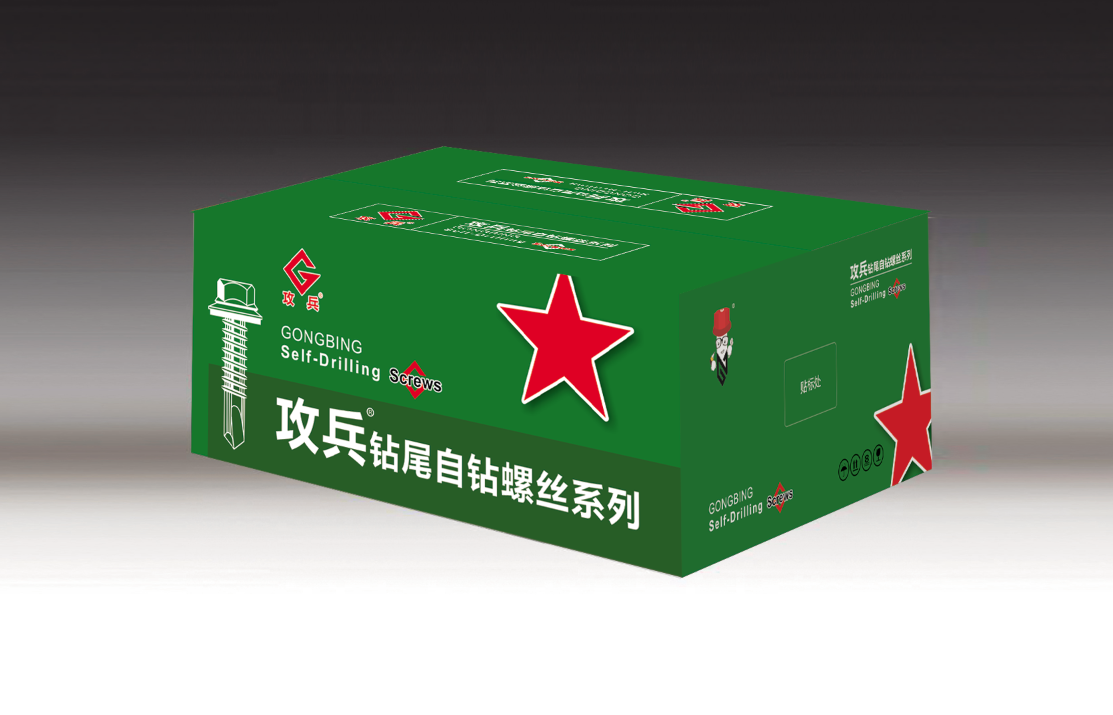Optimizing Concrete Formwork with Wedge Bolts for Enhanced Structural Stability and Efficiency
The Role of Concrete Form Wedge Bolts in Construction
In the realm of construction, the efficiency, durability, and structural integrity of concrete forms are paramount. One crucial component that plays a significant role in achieving these goals is the concrete form wedge bolt. These bolts serve as an essential fastening and alignment mechanism, ensuring that formwork remains secure while concrete is poured and cured. Understanding the function and benefits of concrete form wedge bolts can enhance construction practices and lead to more successful project outcomes.
What Are Concrete Form Wedge Bolts?
Concrete form wedge bolts are specialized bolts designed for use in concrete formwork systems. They typically feature a tapered design that allows for easy insertion and a secure grip once fitted. The wedge shape creates a locking mechanism that holds the formwork in place, preventing it from moving during the pouring process. These bolts are often made from high-strength steel to withstand the pressures and forces exerted by wet concrete, making them reliable for various construction applications.
Key Benefits of Using Wedge Bolts
1. Enhanced Stability One of the primary advantages of wedge bolts is the stability they provide to the formwork. During the concrete pouring process, the weight and pressure from the liquid concrete can cause formwork to shift or collapse if not adequately secured. Wedge bolts hold the forms in place, ensuring that they do not bow or fail under stress.
concrete form wedge bolt

2. Ease of Installation Wedge bolts are designed for quick installation. Their tapered shape allows for easy insertion into pre-drilled holes in the formwork. This not only speeds up the construction process but also reduces labor costs, as fewer tools and less time are needed for assembly.
3. Versatility These bolts can be used with various types of formwork systems, whether for slabs, walls, or columns. Their adaptability makes them a preferred choice across different construction scenarios, accommodating various thicknesses and types of concrete forms without modification.
4. Reusability Many concrete contractors strive for sustainability and cost-effectiveness. Wedge bolts can often be reused multiple times within different projects, provided they are properly maintained and inspected after each use. This reusability contributes to reducing waste and lowering overall material costs.
5. Improved Alignment Accurate alignment of formwork is critical for achieving the desired dimensions and flat surfaces in concrete structures. Wedge bolts help to maintain this alignment, providing a straight and stable framework for the concrete. This is essential for ensuring the quality and aesthetics of the finished concrete surfaces.
Conclusion
In summary, concrete form wedge bolts are an indispensable tool in the construction industry. Their ability to provide stability, ease of installation, versatility, reusability, and improved alignment makes them an essential component of effective formwork systems. As construction practices continue to evolve, leveraging such innovative fastening solutions will be vital in improving construction efficiency and quality. Whether dealing with large-scale commercial projects or smaller residential builds, understanding and utilizing concrete form wedge bolts can lead to enhanced performance and greater success in achieving structural integrity. As the industry progresses, embracing reliable tools like wedge bolts will ensure that contractors are well-equipped to meet the demands of modern construction.
-
Weatherproof Plastic Expansion Anchors for OutdoorIroyinJun.06,2025
-
Sustainability in the Supply Chain: Eco-Friendly TEK Screws ProductionIroyinJun.06,2025
-
Load-Bearing Capacity of External Insulation FixingsIroyinJun.06,2025
-
Double Head Bolts: Enhancing Efficiency in Industrial MachineryIroyinJun.06,2025
-
Corrosion Resistance in Chipboard Screws: Coatings for Wholesale DurabilityIroyinJun.06,2025
-
Butterfly Toggle Bolts : Enhancing Structural ResilienceIroyinJun.06,2025
